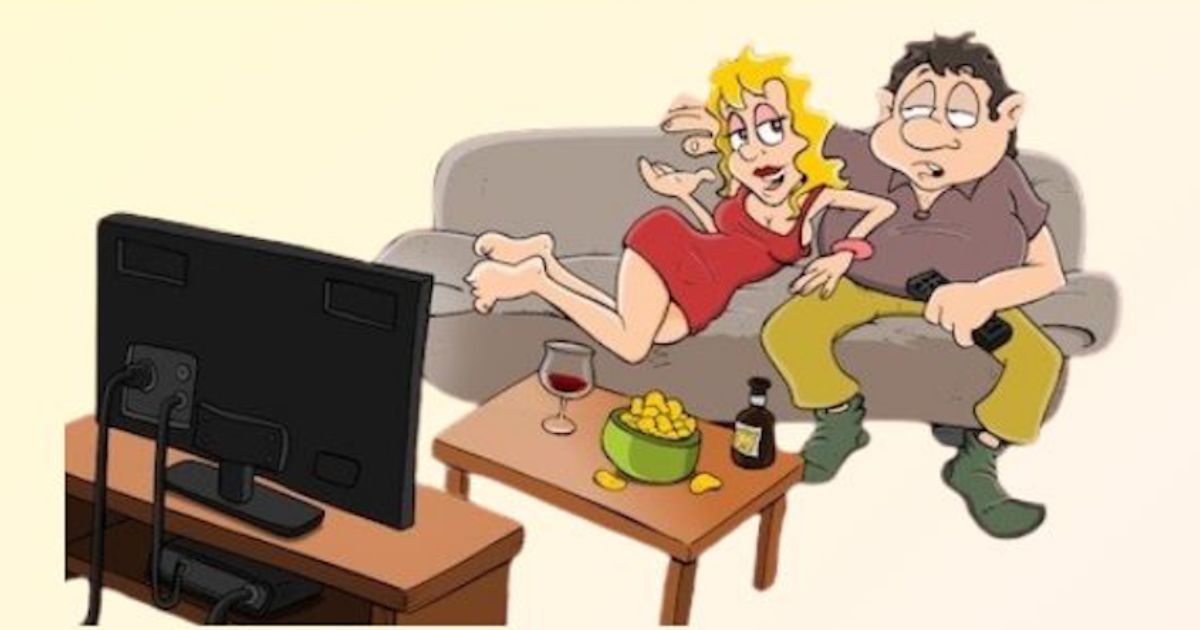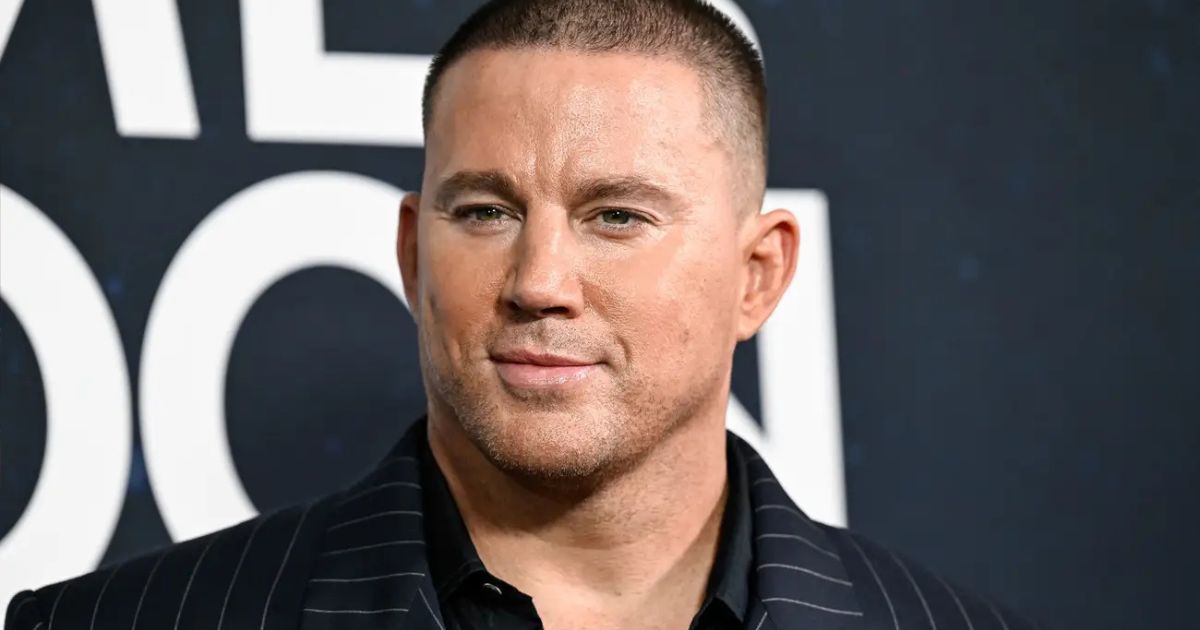Chris Dalzell, a 33-year-old from Bangor, County Down, admits he’s addicted to tattoos, feeling annoyed whenever he sees uncovered skin. Nearly every part of his body, from head to toe, is inked with colorful words and images, making him a living work of art to some. However, his heavily tattooed face draws mixed reactions, with strangers calling him everything from a “monster” to a “criminal.”
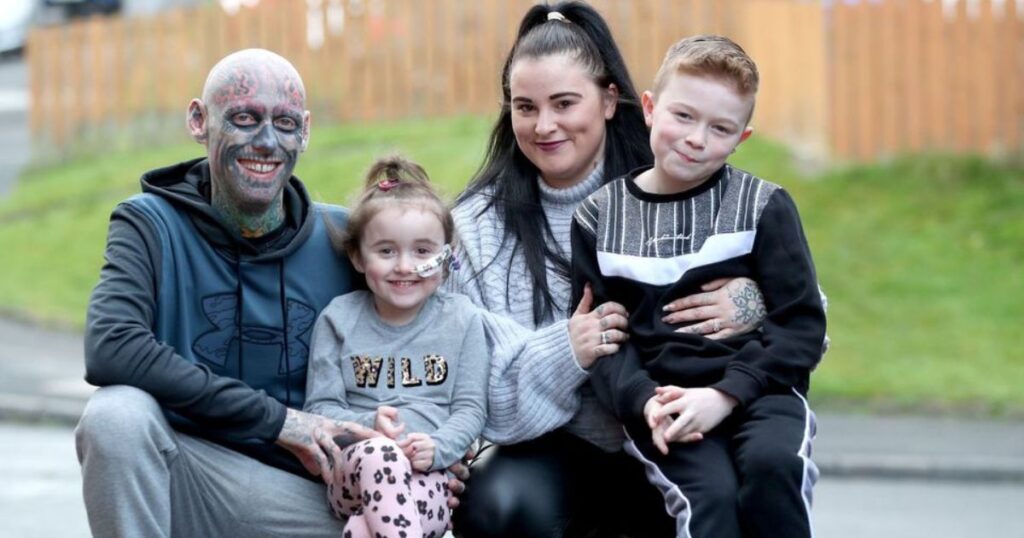
To his baby daughter Jessica, he’s just “daddy,” but the harsh comments from others have been tough. Chris shares that people have even suggested his kids should be taken away from him. “People come up to me in the street and say I look like a criminal,” he says, noting the irony of how easily identifiable he’d be if he committed a crime.
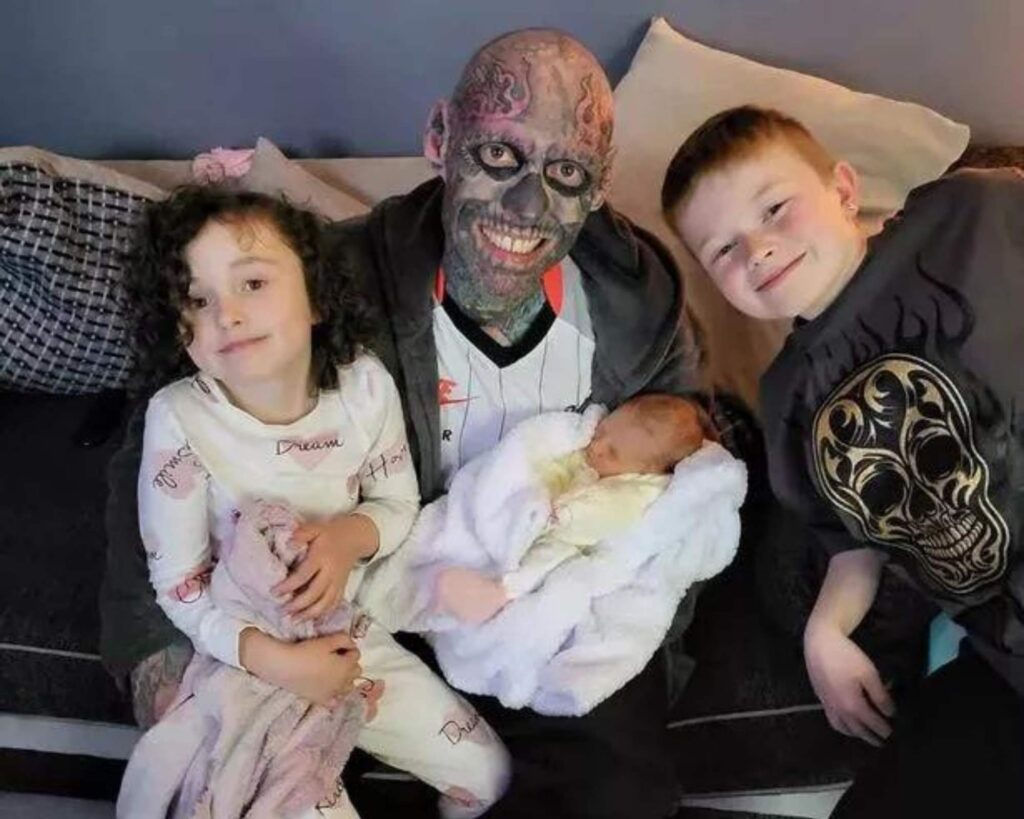
Chris’s passion for tattoos has deepened due to Jessica’s health issues. Born prematurely at 34 weeks, Jessica has faced numerous health challenges. Chris turned to tattoos to cope with his helplessness in easing her pain. “Getting tattoos helped me deal with the pain of not being able to take hers away,” he explains.
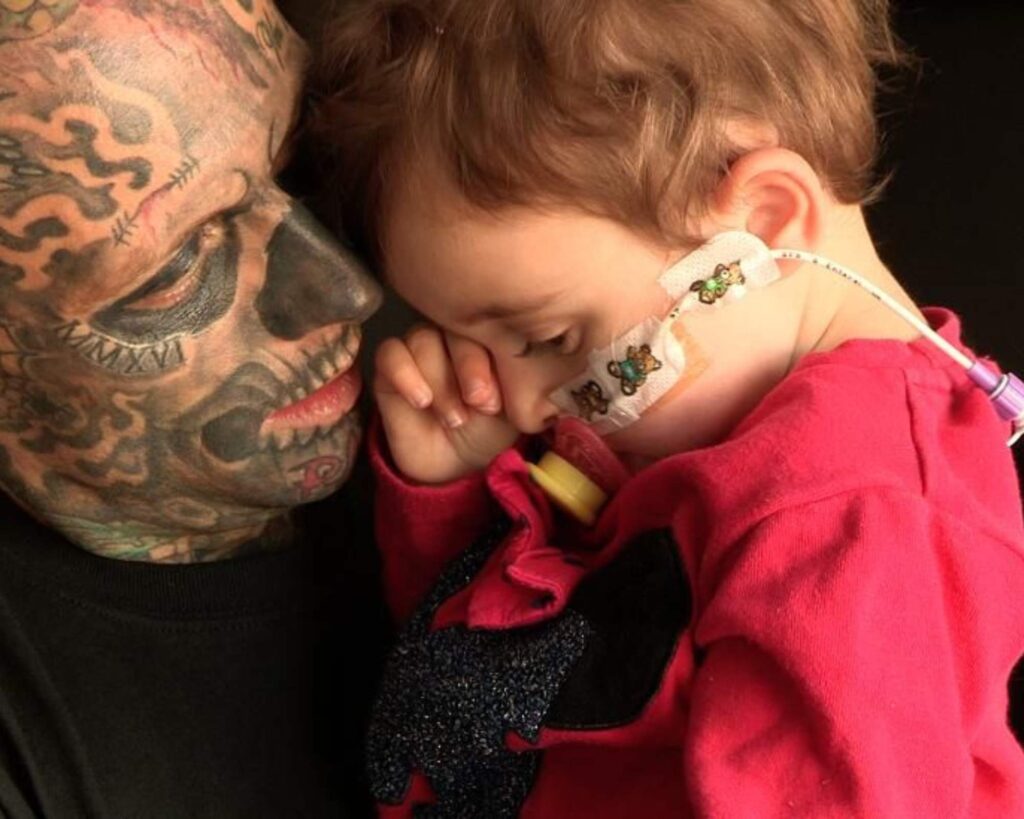
While Chris had always dreamed of being covered in tattoos, Jessica’s illness accelerated this process. He wanted her to be used to his heavily tattooed appearance. Despite his love for tattoos, he doesn’t want Jessica to follow in his footsteps, emphasizing future conversations about the consequences.
Chris’s appearance has also impacted his career as an experienced chef. His CV mentions his visible tattoos, and he always informs potential employers about his facial tattoos during interviews. Often, this results in polite rejections or no responses. “It holds me back,” he admits, acknowledging he hadn’t fully considered this impact before.
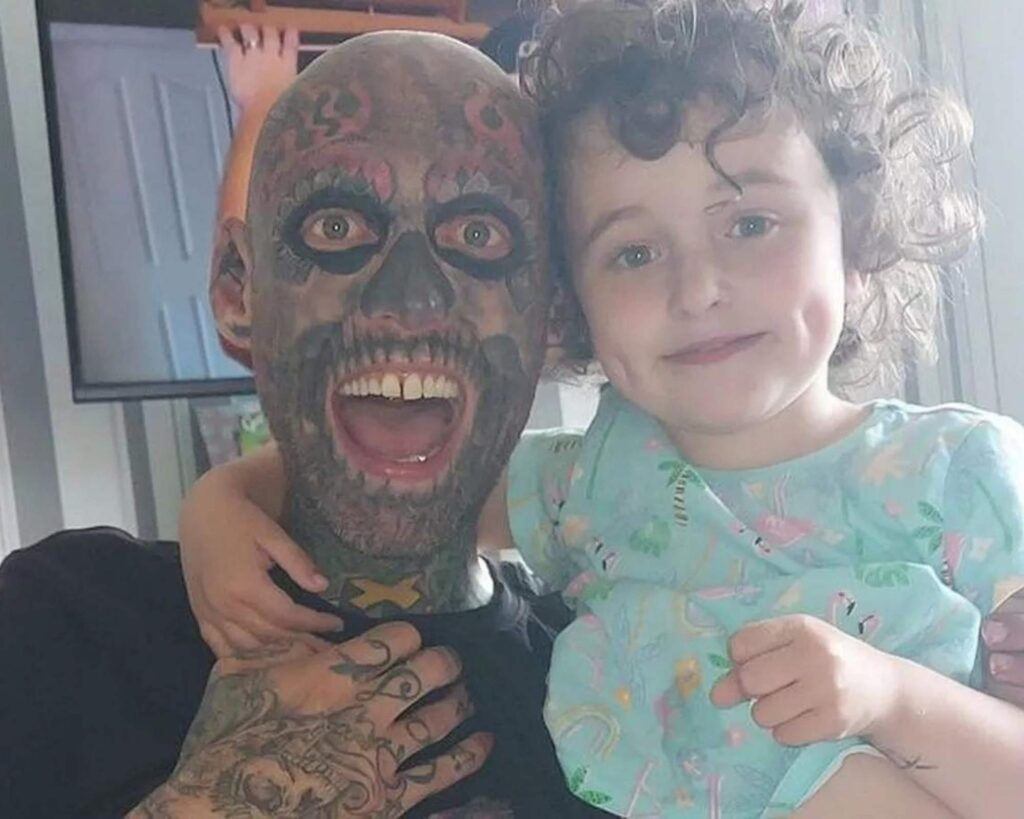
One day, Chris decided to cover his tattoos and transform his appearance for his kids. This experiment revealed the stark difference in how people perceived and treated him, highlighting the judgments based on his appearance.



